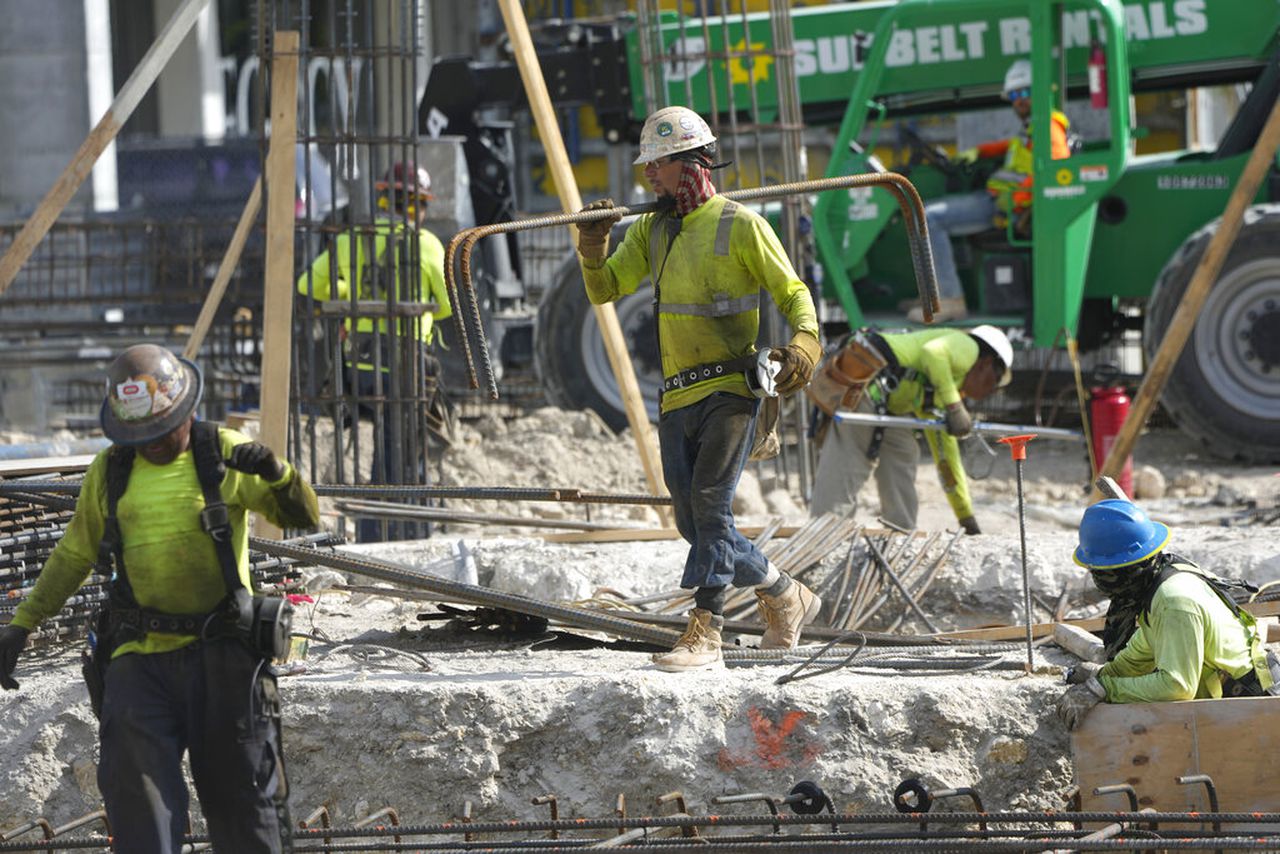What is the ‘coverage gap’ in Alabama Medicaid, health insurance?
Danne Howard said she left her job 32 years ago “for all the right, responsible reasons,” but after becoming self-employed, found herself paying high prices for limited health insurance that would only cover catastrophes for her and her 9-year-old child.
She went four years with that level of coverage before beginning work with the Alabama Hospital Association, where she was able to enroll in employer-sponsored health care. Eventually, she’d go from “being okay to being diagnosed with multiple sclerosis” overnight. Her medications would cost about $6,000 each month without insurance, she said.
She shared this story in front of Alabama’s House Health committee. Without her insurance, she said, she would not be standing in front of the committee.
“Use your imagination just for a minute of what a person might look like that would be eligible…and it’s me, 32 years ago,” Howard said, referencing the “coverage gap,” or people who make too much money to qualify for Medicaid, but not enough to afford other insurance.
“I’m just trying to give you a real face behind example of the importance of health care,” Howard told lawmakers. “I went from being okay — and thank goodness I’m still okay. You wouldn’t know I had multiple sclerosis if I didn’t tell you, and I’m grateful for that. I’m blessed because of that, and it’s also because I have access to health care.”
What does expanding Medicaid actually mean?
Alabama has so far opted out of expanding Medicaid, which would mean taking additional federal support in order to provide more residents with broader levels of health care.
In all U.S. states, residents can qualify for Medicaid coverage based on income, household size, certain disabilities and other factors. Alabama is one of only 11 states that has not expanded the Medicaid program.
According to a report from the Public Affairs Research Council of Alabama, Alabama has some of the strictest eligibility requirements in the country for those enrolled in Medicaid.
People who qualify must meet income guidelines, which are based on the federal poverty level, along with one or more of the following qualifications:
- Individuals under age 19
- A caretaker who has extremely low income for someone under age 19
- Individuals who are pregnant
- Adults ages 65 and older who can’t pay Medicare premiums
- Individuals who are legally blind
- Individuals who are disabled
- Individuals in a nursing home
When a state expands Medicaid, households making up to 138% of the federal poverty line can qualify for Medicaid based solely on their income. In Alabama, a single person who makes $20,120 or less annually would be eligible, along with families of four making less than $41,400, for example.
What is the coverage gap?
Medicaid income limits mean that when someone makes more than the monthly limit, they are no longer eligible for Medicaid coverage.
The Affordable Care Act also allows households with incomes between 100%-400% of the federal poverty level to receive subsidies to lower insurance costs.
During the committee meeting, Vice President for Government Relations at Blue Cross and Blue Shield of Alabama Ted Hosp gave lawmakers an example of how a full-time worker can fall below the federal poverty line.
In Alabama, a single person would have to make less than $14,580 annually to reach 100% of the federal poverty level and qualify for subsidies.
Hosp used a 35-hour work week, and an individual who works 50 weeks per year in his example. Many people work essentially full-time but do not qualify for employer-sponsored health care in certain low-wage industries or if they work multiple part-time jobs. In Alabama, most working adults in the Medicaid gap have restaurant, hospitality and construction jobs, according to the Center on Budget and Policy Priorities.
Alabama’s minimum wage is $7.25/hour — using Hosp’s calculations, a single person would gross about $12,687.50 each year before taxes, placing them below the 100% line.
However, Alabama residents can’t qualify for Medicaid based solely on their income. Still, even in this case, a full-time, pre-tax income of $1,057 each month is above Alabama’s monthly income limit for a single person.
“You can be a full-time minimum wage worker and be below the federal poverty line and fall into that coverage gap,” Hosp reiterated to lawmakers after his example.
Howard said that many Alabamians who would be eligible for Medicaid if it was expanded are already working. Expansion should not take people out of the work force, he said.
“28,000 in the last study were food service workers. That’s fast food. When you go through your McDonald’s to get your Egg McMuffin, which I happen to love, think about some of those numbers. They’re college kids trying to make their way through. They might not have families who have the ability to have health care insurance. If they’re over 19 years old, they do not qualify for Medicaid,” Howard said. “They do not qualify for anything, but they’re making some money. They’re trying to do their job. They’re trying to support themselves, but they don’t have enough money to pay for their college, to pay for their living expenses and to purchase healthcare insurance.”
Chairman Rep. Paul Lee, a Republican from Dothan, told attendees the first meeting of the committee would be informational, so no further conversation occurred following Howard and Hosp’s presentations.
Lee said the committee will continue to hear from experts, adding “maybe we can find a solution,” before adjourning.
The House health committee meets Wednesdays at 10:30 a.m. in Montgomery.
